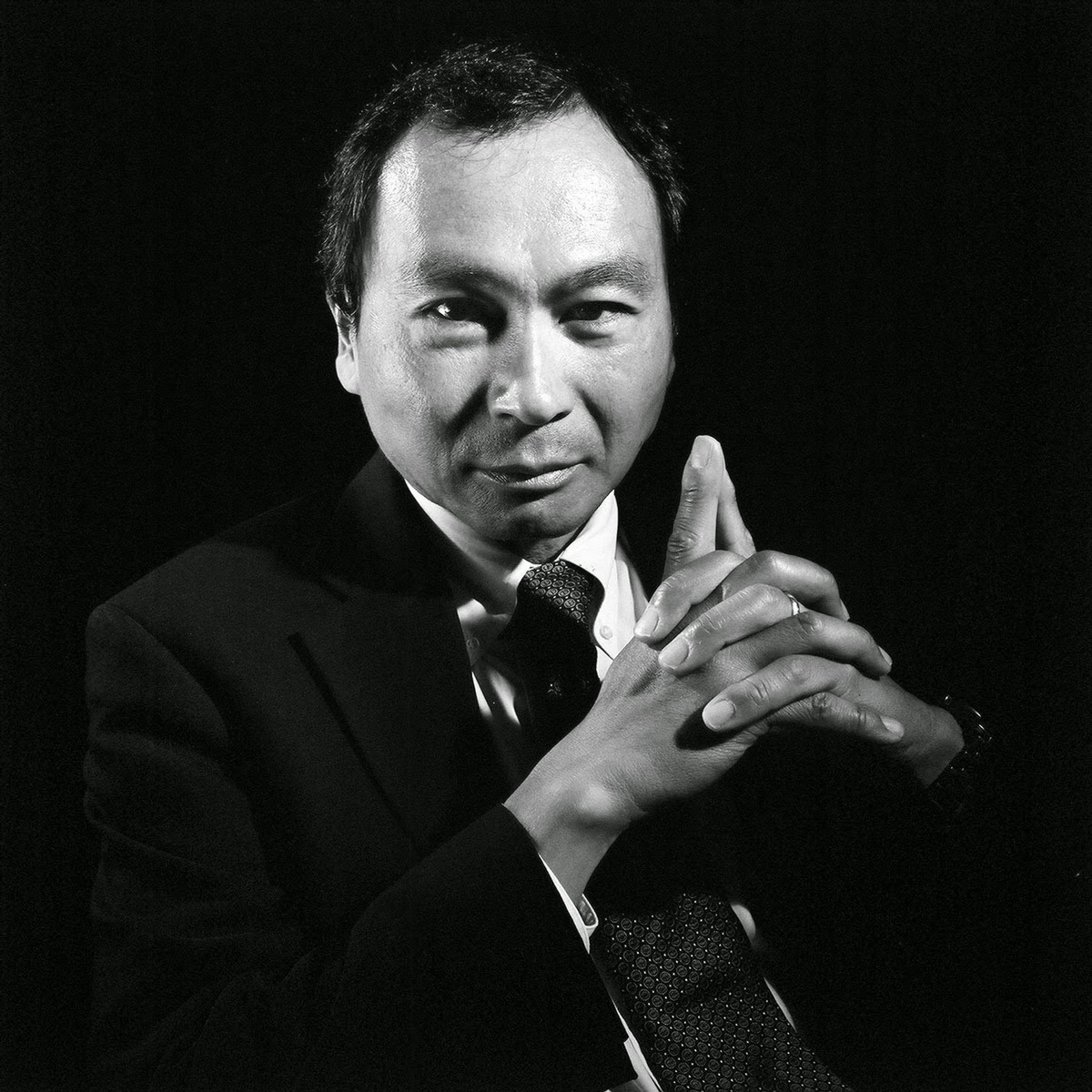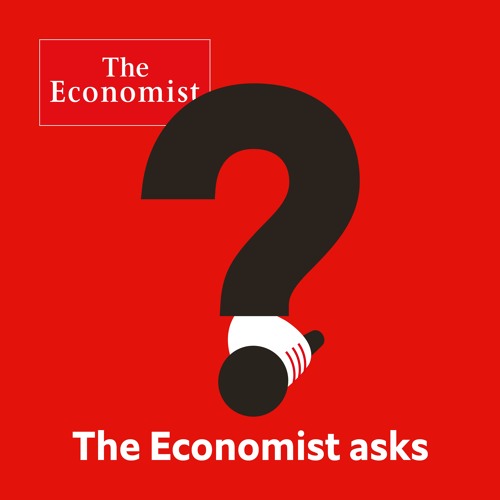



In the United States, the rule of law, followed by implementation of universal white male suffrage, had a “decidedly negative impact on state building” because it made patronage (and not merit-based) appointments pervasive in virtually all levels of government and led to a system of checks and balances that is, for better and worse, unique among liberal democracies. The chronological sequencing of the emergence of the state, the rule of law (which Fukuyama distinguishes from rule by law), and accountability in the society, matters, he points out. Learned and lucid, “Political Order and Political Decay” is jam-packed with insights about political development. Given the emergence of global economies and highly mobilized populations, Fukuyama argues, a balanced system featuring the state as the guarantor of order and security and a source of public goods, the rule of law and democratic accountability has become a “universal requirement.” Pathways to it and the institutional forms it takes, however, vary considerably, depending on climate and geography as well as human factors, including leadership, international influences and ideology. Over the past quarter of a century, Fukuyama, who now is a senior fellow at Stanford University’s Institute for International Studies, has qualified his “end of history” thesis, distanced himself from neoconservatism, and written big books about big subjects, including the nature of human nature, the origins of social norms, the revolution in biotechnology and the development gap between Latin America and the United States.Ī sequel to “The Origins of Political Order” (2011), “Political Order and Political Decay” explains how effective political institutions developed - or didn’t - in dozens of countries in Asia, Africa, Europe, North America and South America from the French Revolution to the Arab Spring. With the publication of “The End of History and the Last Man” in 1992, in which he claimed that the end of the Cold War marked the permanent ascendancy of liberal democracy and free-market capitalism throughout the world, Francis Fukuyama emerged as one of our nation’s most prominent and provocative public intellectuals.


 0 kommentar(er)
0 kommentar(er)
